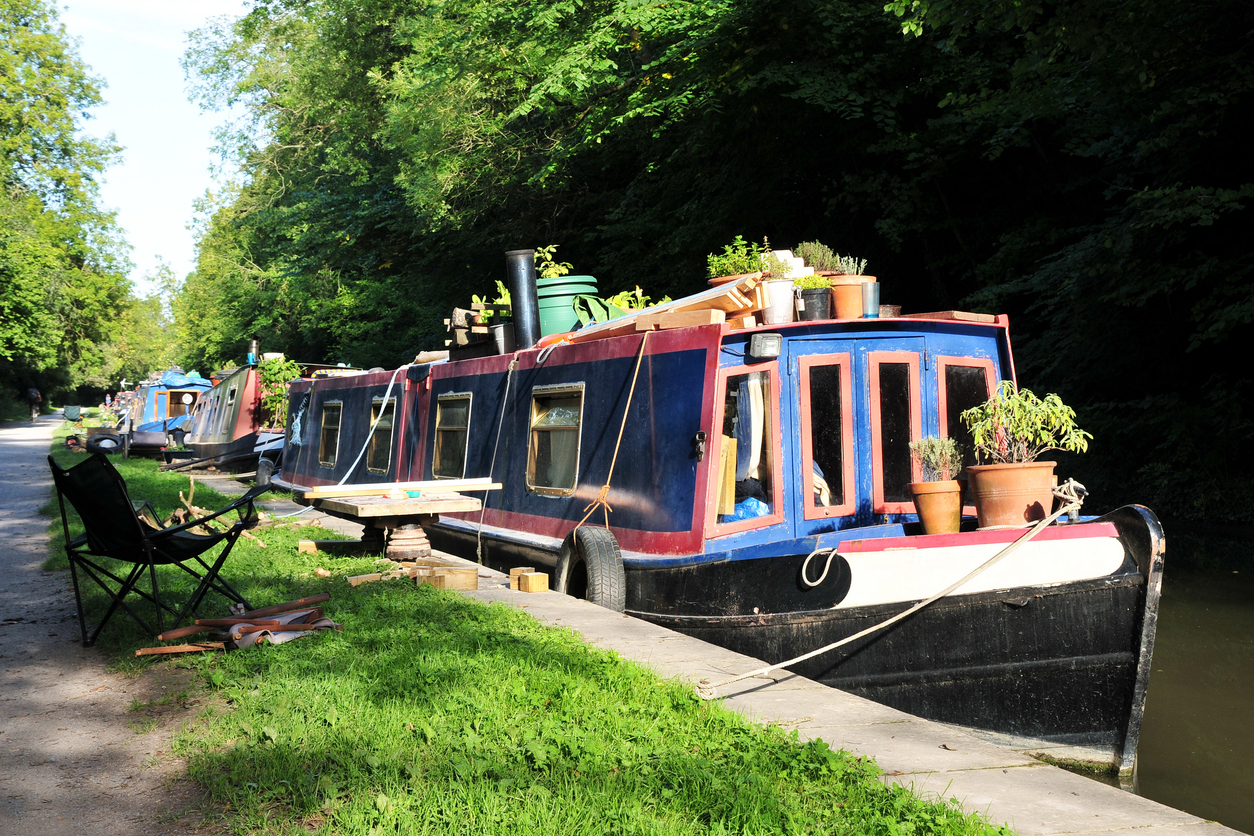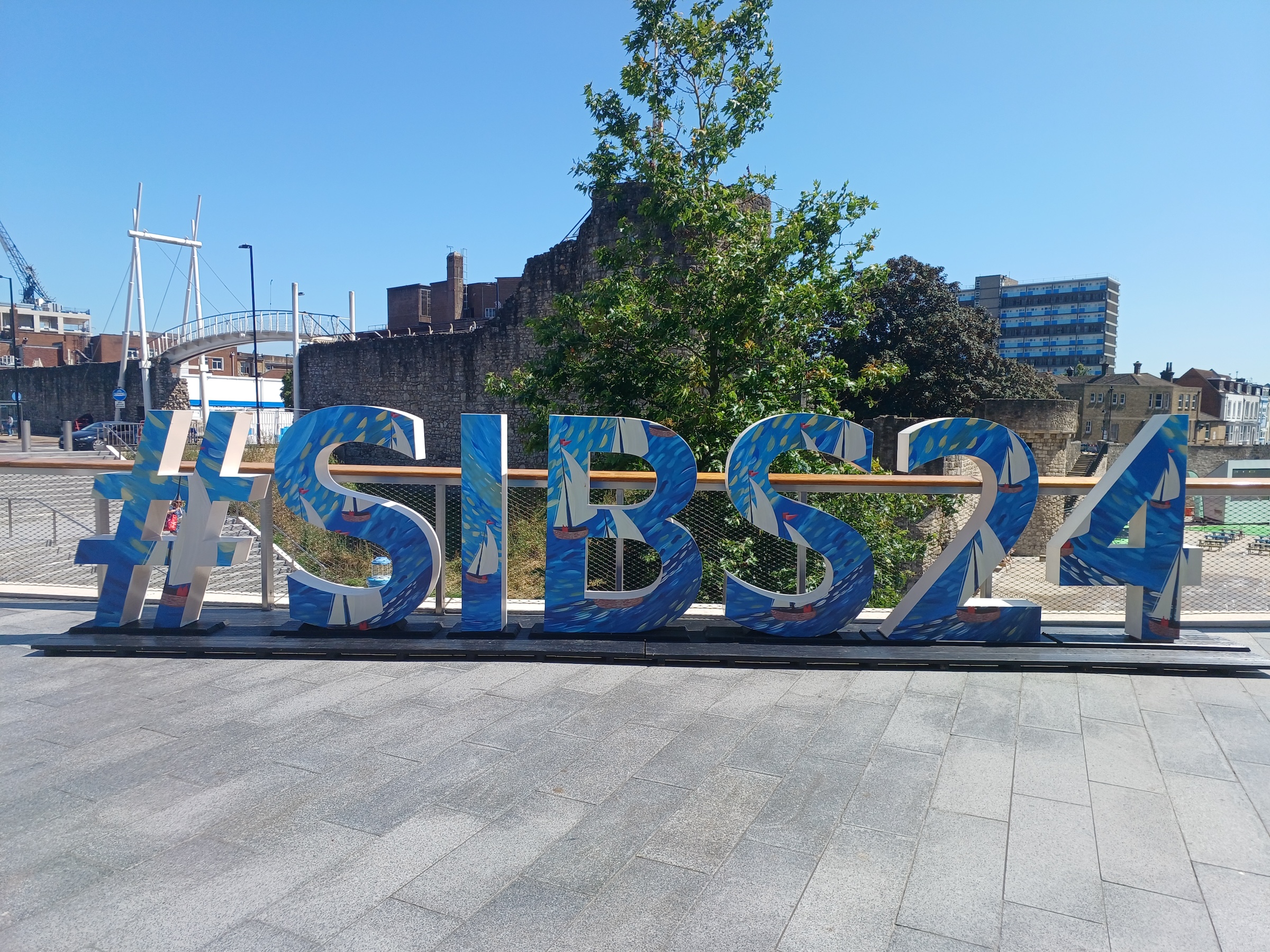Do you need a boating licence in the UK?
Unlike a car, where you need a driving licence, there isn’t really such a thing as a “boating licence” if you’re boating for your own private pleasure. This means, in most circumstances, you don’t need any formal qualifications to get on the water, although, obviously, training is a essential to ensure you know enough to be safe while afloat.
That said, there are a variety of boat permits and licences that you may need to use your boat in specific waterways or circumstances. Read on to learn more about these requirements, or click the links below.
Requirements for private pleasure craft.
Boating on inland waterways.
Visiting overseas.
Recommended safety equipment and training.
We’re fortunate in the UK that a minimal amount of formal boating licencing, qualifications, and other legal requirements are needed to operate a private pleasure craft. Much of this is due to the RYA, the national governing body for boating, which has successfully promoted a strong “educate not legislate” line to the UK government, including the Maritime and Coastguard Agency, since at least the 1970s. The organisation oversees a wide range of training courses, covering everything from taking your first steps aboard to becoming a professional skipper. Nevertheless, some requirements must be met, particularly if your boat is kept on inland waterways.
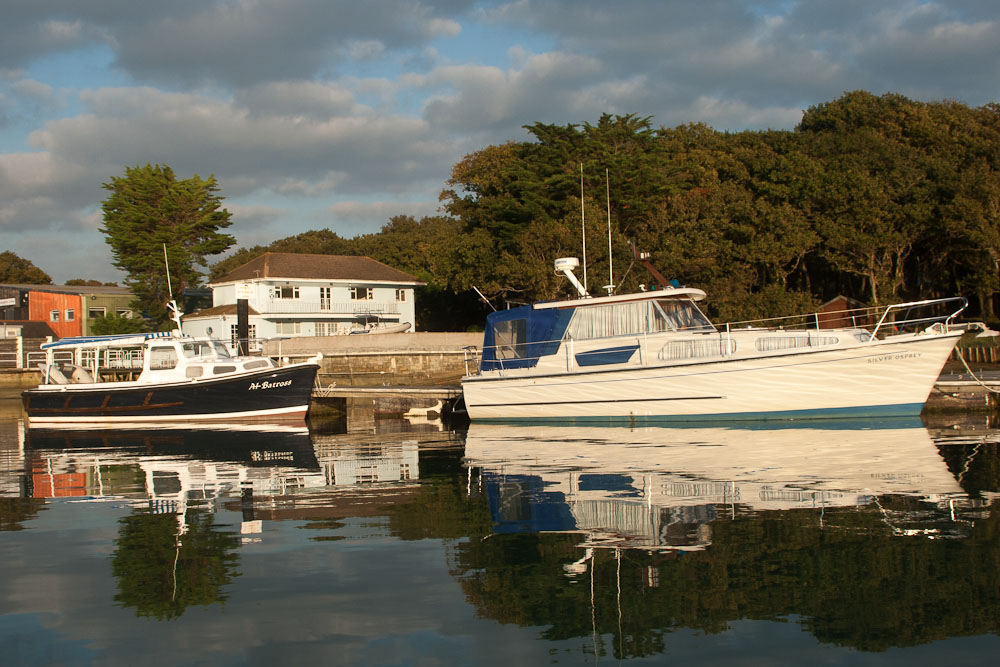
Boats of all descriptions used on inland waterways need a license from the Canal and River Trust, Environment Agency or Scottish Canals.
Private pleasure craft
First, it’s important to define what constitutes a private pleasure boat in UK law – the regulations that apply if your boat is used in any kind of commercial capacity are much more onerous. In brief, a “pleasure craft” must be used only for the owner’s sport or pleasure, or the owner’s immediate family or friends. Besides contributing towards direct expenses on each specific voyage or excursion, no money should change hands between the crew and skipper. If anyone is employed on board then you automatically have a
duty of care towards that person.
Vessels over 45ft (13.7m), even if only used as private pleasure boats, are defined as Class Vll vessels in the Merchant Shipping Regulations. They are required to have a
minimum level of fire fighting and life saving equipment.
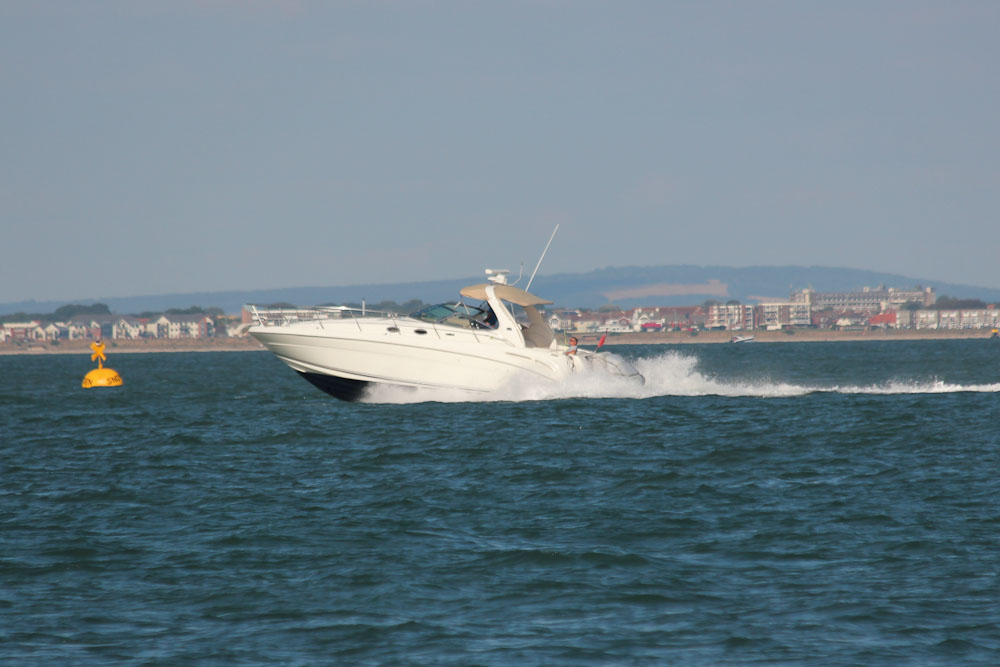
There are minimal requirements for UK flagged private pleasure boats of all descriptions in British coastal waters, providing they are less than 13.7m in length.
Ship Radio Licence
All vessels, including private pleasure boats, equipped with VHF or longer-range radio transceivers must have a Ship Radio Licence. This includes handheld and fixed VHF radios, satellite communication equipment, radar, emergency position-indicating radio beacons (EPIRBs), and search and rescue transponders (SARTs).
These are issued free by
Ofcom and last for the lifetime of the vessel unless the licence details become outdated, Ofcom revokes the licence, or the licensee surrenders it. The licence should be validated at least once every ten years.
Short Range Radio Operator’s Licence
In addition to a ship’s radio licence (registered to the vessel), the International Radio Regulations require a maritime radio station to be controlled by “a holder of a maritime radio operator’s certificate”. In other words, anyone operating a marine VHF radio (or a longer-range Medium-Frequency or High-Frequency Set) must be qualified to use it (or at least be supervised by someone who is).
In most instances, skippers wishing to use a maritime radio will need to take the RYA’s Short Range Marine Radio Course through a recognised RYA SRC Course training centre.
The 10-hour syllabus covers everything you need to know to understand the correct procedures in a wide range of situations, including making and responding to distress calls, and can be completed online before taking a short practical and written test. The RYA will issue your licence following successful completion of the test.
The course costs around £70 (payable to the course provider), and the exam costs £60 (payable to the RYA). Similar courses are available for longer-range radio communications, aimed at those who plan to sail across oceans. See the
RYA’s website for details.
You should keep both the ship’s radio licence and your operators’ licence onboard your boat, ready for inspection if required.
SOLAS requirements
The International Convention for Safety of Life at Sea (SOLAS) sets out minimum standards for building, equipping, and operating all ships to ensure their safety and covers, including guidelines for things like machinery, electrical equipment, fire safety, life-saving equipment, radio communications, navigation, cargo carriage, weather forecasts, crew competence, and much more.
For private pleasure craft, we’ll be most interested in the sections laid out in SOLAS Chapter V, as these apply to every vessel put to sea rather than just commercial craft or ships over a certain size.
Solas also sets out the obligations that require all vessels to respond to distress messages and prohibits the misuse of distress signals. In addition, on the high seas or any waterway directly connected to the high seas, you are required to adhere to the International Regulations for the Prevention of Collisions at Sea.
Insurance
While no national legislation compels boat owners to have boat
insurance, almost every harbour, marina, sailing club, and mooring provider, along with the Canal and River Trust, requires a minimum of third-party cover. There is, therefore, a de facto requirement for all boat owners to hold some sort of marine insurance.
Third-party insurance can be obtained relatively cheaply for boat owners wishing to keep costs down. If you prefer something more comprehensive, you may need to provide more details to the insurance provider regarding your vessel, your skills as a boater, and where you intend to take the boat. Insurance providers are also likely to require a boat survey if your ship is over 30 years old, although they won’t need this if you’re just looking for third-party coverage.
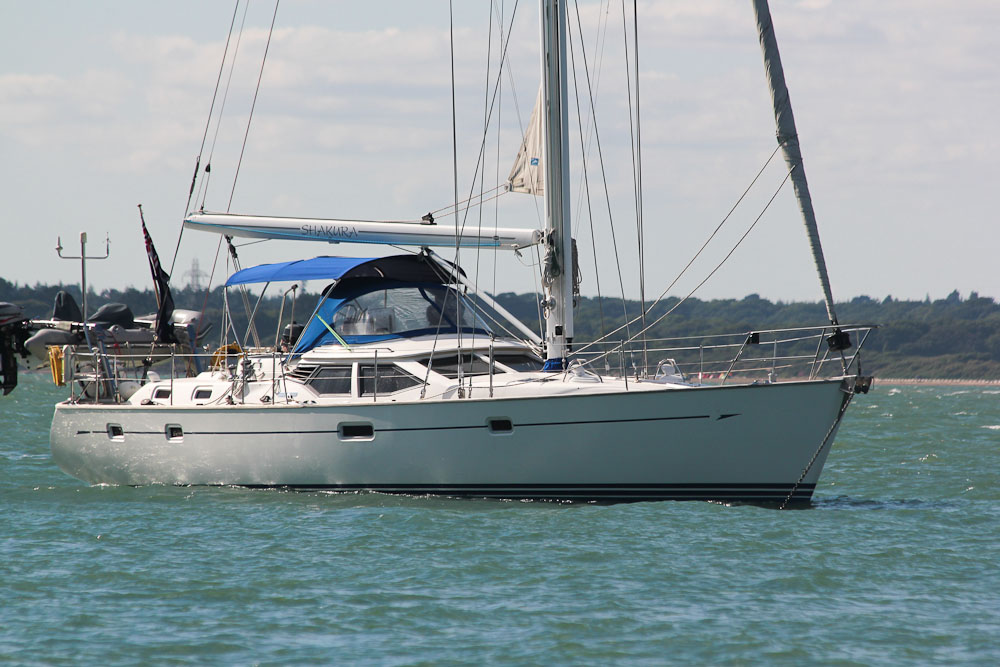
Private pleasure boats of more than 13.7m in length have more onerous requirements in terms of the lifesaving and firefighting equipment they must carry.
Inland waterways
Canal and River Trust/ Environment Agency Licences
If you plan on using your boat on a canal or river, your vessel will need a licence from the Environment Agency or the
Canal and River Trust, depending on which waterways you want to navigate. These are available for 30 days, three months, six months, or 12 months. Your boat will need a Boat Safety Certificate and at least £1,000,000 of third-party liability insurance to be eligible for either of these licences.
As an indication of pricing, a long-term licence for a 40ft (12m) boat would cost £589.92 for 12 months in rivers only, or £983.21 for canals and rivers (prices valid from 1 April 2023 to 31 March 2024). Gold Standard Licences in 2023 start at £606 for boats less than 3.5 metres wide.
A similar requirement exists on the Norfolk Broads, which the
Broads Authority describes as a “toll.” These are available for short durations of less than 28 days or 12-month periods.
Scottish Canals regulate inland waterways in Scotland.
Some other waterways or harbours also require you to pay harbour dues to use the water in that area – check locally in the area where you are looking to use your craft.
Boat Safety Scheme Certificate
A
Boat Safety Scheme certificate is needed if you keep or use your boat on inland waterways – i.e., rivers or canals runby the Canal and River Trust or the Norfolk Broads. The certificate must be renewed every four years, and the BSS suggests the cost should be similar to what car owners spend on MOTs.
The scheme has been in operation for more than two decades, so most boats used on inland waters should broadly comply. Still, as with the MOT for motor vehicles, specific issues may need to be addressed before a new certificate can be issued. There are exemptions for very small craft such as rowing dinghies, canoes, and open outboard powered craft.
Visiting overseas
If you take your boat beyond UK territorial waters to another country – whether sailing it there under its own steam or towing it onto a ferry behind your car – there is further documentation that you’ll be expected to carry. The most important of these is a registration document for the boat. The
Small Ship’s Register was created to make this an easy process – the process can be completed online and costs around £35 (price correct as of March 2024) every five years.
You are also likely to be expected to have a certificate of competence that demonstrates you are qualified to skipper your boat in international waters. This will also be required if you want to charter a boat for holiday sailing. The key document here is the International Certificate of Competence (ICC), issued by the RYA. If you hold an RYA Day Skipper practical course completion certificate or higher, you are automatically qualified and can apply for the certificate. Otherwise, a short assessment is needed.
If you plan to venture onto European Inland waterways, you’ll need a CEVNI endorsement from the ICC to show you understand the signals and regulations.
You are also likely to be expected to have a certificate of competence that demonstrates you are qualified to skipper your boat. This also applies in most other countries in which you might want to charter a boat for holiday sailing. The key document is the International Certificate of Competence (ICC), which is issued by the RYA. If you hold an RYA Day Skipper practical course completion certificate or higher then you are automatically qualified and can
apply for the certificate. Otherwise, a short two or three hour on water assessment is needed.
If you plan to venture onto European Inland waterways you’ll need a CEVNI endorsement for the ICC to show you understand the signals and regulations in use.
Recommended equipment and training
This article isn’t intended as a guide to everything you need to do to follow best practice – it’s simply a starting point that will help keep you on the right side of authorities and save unnecessary hassle and potential fines or other sanctions. For instance, failure to hold a valid Ship Radio licence is a criminal offence for which Ofcom’s enforcement team can impose on-the-spot fines up to £5,000 and/or six-month prison sentences.
There’s plenty more that you ought to do to stay safe on the water, from carrying lifejackets, a compass, anchor(s), means of communication and distress alerting, charts and so on. These are the
RYA’s recommendations, based on different distances of operation from the nearest safe haven.
Proper training is essential to ensure you are safe afloat. To learn more about the particular courses and training available to boaters, read our articles on
powerboat training and
sailing training courses in the UK.
Editor’s note: This article was originally published in 2017 and updated by Pippa Shaw in July 2024.


